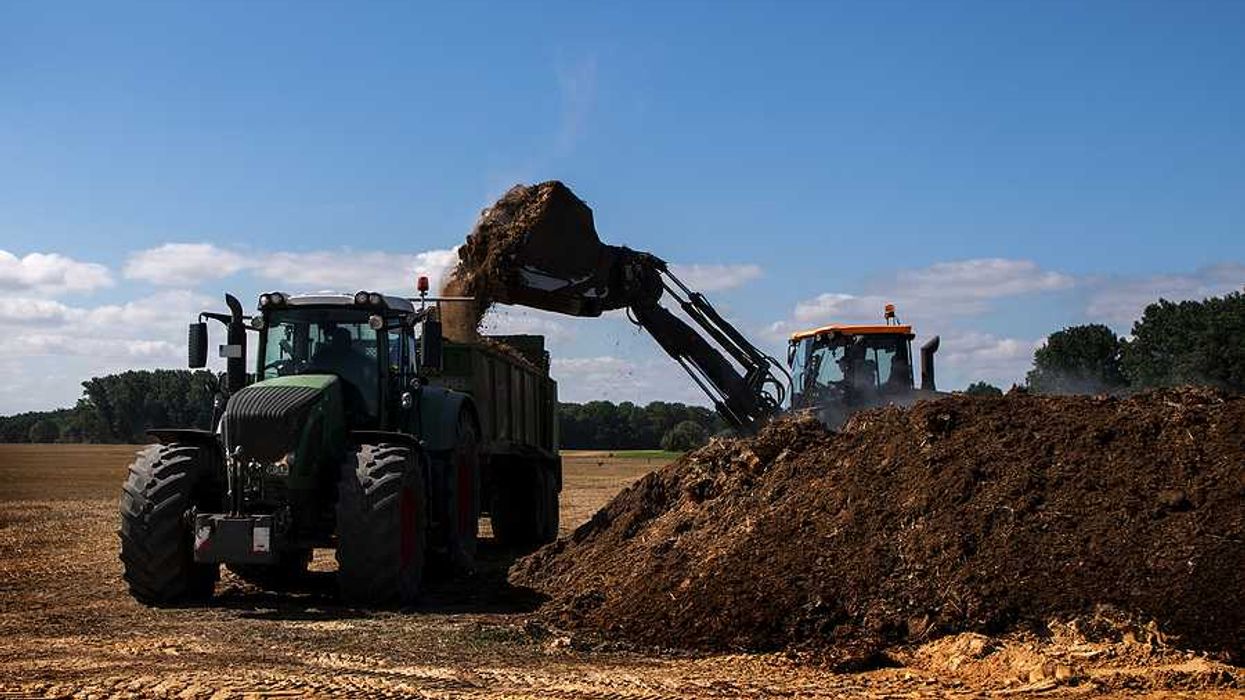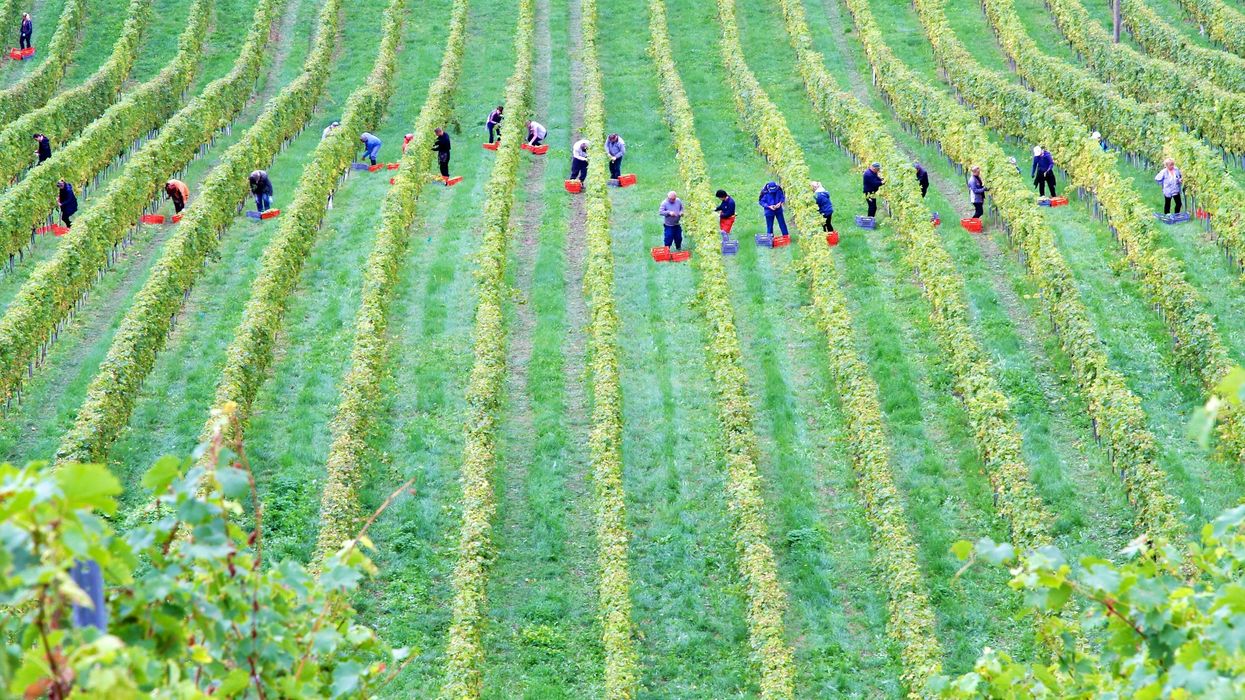A growing number of Americans under 50 are being diagnosed with cancers such as breast, colorectal, kidney, and uterine, prompting scientists to investigate possible environmental and lifestyle drivers.
Carla K. Johnson reports for The Associated Press.
In short:
- A National Cancer Institute study found cancer rates are climbing among people aged 15 to 49, particularly for breast, colorectal, kidney, and uterine cancers, with 63% of early-onset cases occurring in women.
- The increase in early-onset cancers may relate to factors such as obesity, delayed childbirth, and improved detection, though databases used lack details on individual risk factors or healthcare access.
- Despite the rise in cases, death rates are generally stable, except for colorectal, uterine, and testicular cancers, which show increases in mortality among younger adults.
Key quote:
“These kinds of patterns generally reflect something profound going on. We need to fund research that will help us understand.”
— Tim Rebbeck, Dana-Farber Cancer Institute
Why this matters:
The rise in cancer diagnoses among young adults presents troubling questions about how modern life is altering our long-term health risks. While better screening can account for some of the uptick, it doesn’t explain everything. Environmental exposures, diet, sedentary lifestyles, and the cumulative burden of chemical pollutants may all contribute to the underlying biology that drives cancer growth at younger ages. Unlike in the past, when cancer was viewed mostly as a disease of aging, these trends suggest that risks are accumulating earlier and may be more deeply embedded in the fabric of everyday living — from the food we eat to the air we breathe. Understanding the causes will be critical to shaping effective public health responses and prevention strategies.
Learn more: Fighting "A New War on Cancer"














